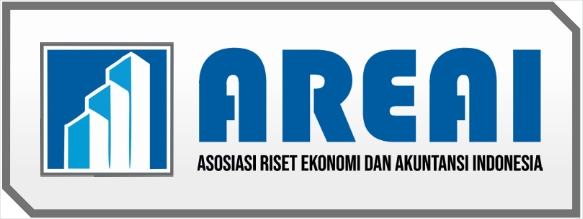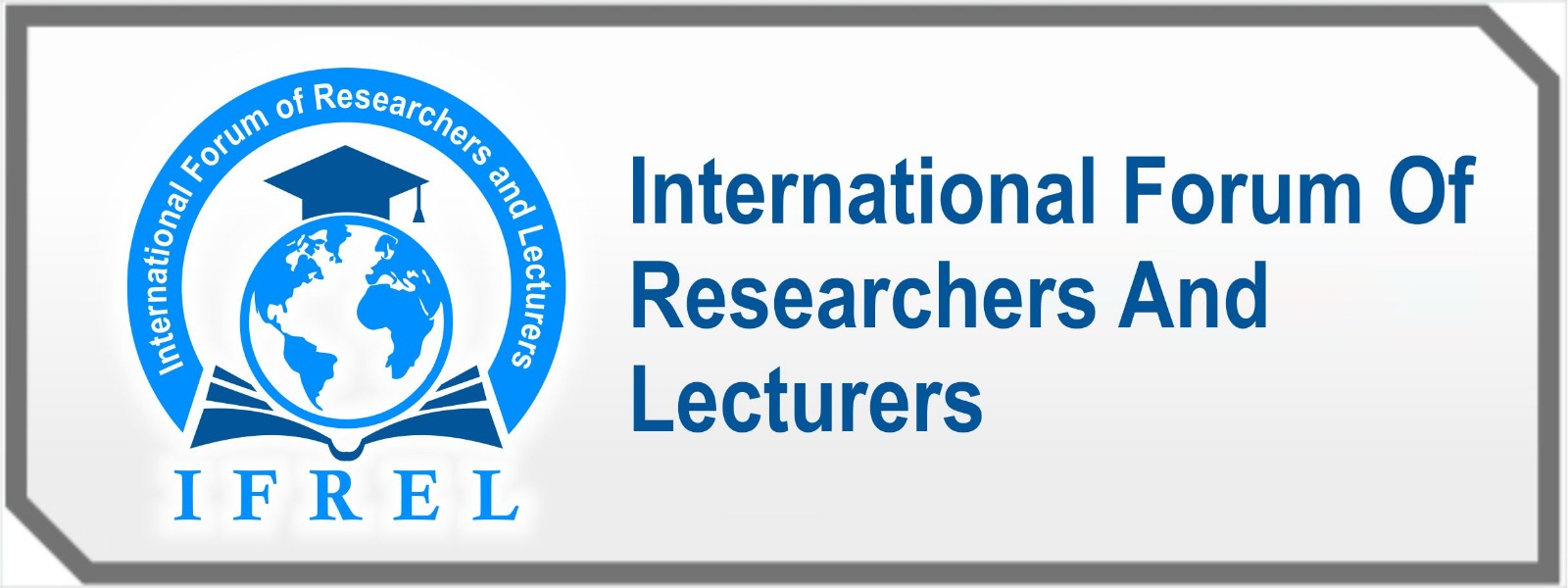The Ethical Implications of AI-Driven Digital Marketing Development : A Qualitative Study in the Indonesian Business Landscape
DOI:
https://doi.org/10.55606/iceb.v1i1.377Keywords:
AI-Driven Digital Marketing, Ethical Implications, Indonesian Business Landscape, Qualitative Study, Thematic AnalysisAbstract
This study investigates the ethical implications of AI-driven digital marketing development within the Indonesian business landscape. The research aims to explore the ethical considerations surrounding the integration of artificial intelligence in digital marketing practices and its impact on businesses operating in Indonesia. Employing a qualitative approach, the study utilizes in-depth interviews with key stakeholders in the digital marketing industry, including marketers, consumers, and industry experts. A purposive sampling technique is employed to select participants with diverse perspectives and experiences related to AI-driven digital marketing. Data analysis involves thematic analysis to identify emerging themes and patterns regarding ethical dilemmas, concerns, and best practices in AI-driven digital marketing. The findings highlight the complex ethical challenges faced by businesses in leveraging AI technology for marketing purposes in Indonesia and provide insights into potential strategies for addressing these challenges responsibly.
References
Braun, V., & Clarke, V. (2006). Using thematic analysis in psychology. Qualitative Research in Psychology, 3(2), 77-101.
Buolamwini, J., & Gebru, T. (2018). Gender shades: Intersectional accuracy disparities in commercial gender classification. Proceedings of the 1st Conference on Fairness, Accountability and Transparency.
Creswell, J. W., & Poth, C. N. (2018). Qualitative inquiry and research design: Choosing among five approaches. Sage publications.
Floridi, L., Cowls, J., Beltrametti, M., Chatila, R., Chazerand, P., Dignum, V., ... & Luetge, C. (2018). AI4People—An ethical framework for a good AI society: Opportunities, risks, principles, and recommendations. Minds and Machines, 28(4), 689-707.
Fogg, B. J. (2002). Persuasive technology: Using computers to change what we think and do. Ubiquity, 2002(January), 5.
Fogg, B. J. (2003). Persuasive technology: Using computers to change what we think and do. Morgan Kaufmann.
Fontana, A., & Frey, J. H. (2005). The interview: From structured questions to negotiated text. Handbook of qualitative research, 2, 695-727.
Guest, G., MacQueen, K. M., & Namey, E. E. (2012). Applied thematic analysis. Sage.
Laczniak, G. R., & Murphy, P. E. (2019). Marketing ethics: Procedures for analyzing and resolving ethical dilemmas. Routledge.
Luppicini, R. (2009). The emerging field of technoethics as a framework for responsible innovation. In Handbook of research on technoethics (pp. 1-11). IGI Global.
Murphy, P. E., Laczniak, G. R., Bowie, N. E., & Klein, T. A. (2005). Marketing ethics at the millennium: Review, reflections, and recommendations. Journal of business ethics, 52(4), 381-396.
Noble, S. U. (2018). Algorithms of oppression: How search engines reinforce racism. NYU Press.
Palinkas, L. A., Horwitz, S. M., Green, C. A., Wisdom, J. P., Duan, N., & Hoagwood, K. (2015). Purposeful sampling for qualitative data collection and analysis in mixed method implementation research. Administration and Policy in Mental Health and Mental Health Services Research, 42(5), 533-544.
Smith, H. J., & Konsynski, B. R. (2002). Ethical and social issues in information systems. In Ethical and social issues in the information age (pp. 315-358). Springer.
Tsekouras, D., & Li, H. (2019). Online advertising and privacy: A balanced review. International Journal of Research in Marketing, 36(3), 408-418.
Verhoef, P. C., Broekhuizen, T., Bart, Y., Bhattacharya, A., Dong, J. Q., Fabian, N., ... & Zhang, M. (2019). Digital transformation: A multidisciplinary reflection and research agenda. Journal of Business Research, 122, 889-901.
Wajong, B. E. R., Irawan, D., Wylen, & Bernarto, I. (2020). Persepsi Karyawan pada CSR, Keterlibatan Karyawan, dan Kepemimpinan Etis pengaruhnya terhadap Kreatifitas Karyawan. Jurnal Administrasi Bisnis (Jab), 10(2), 72–79. https://doi.org/https://doi.org/10.35797/jab.v10.i2.72-79
Wulandari, S., Maharani, V., & Tambunan, M. (2021). The role of consumer privacy concerns and ethical issues on the acceptance of artificial intelligence-driven marketing communication in Indonesia. Journal of Science and Technology Policy Management, 12(1), 25-43.
Downloads
Published
How to Cite
Issue
Section
License
Copyright (c) 2022 Proceeding of The International Conference on Economics and Business

This work is licensed under a Creative Commons Attribution-ShareAlike 4.0 International License.
















